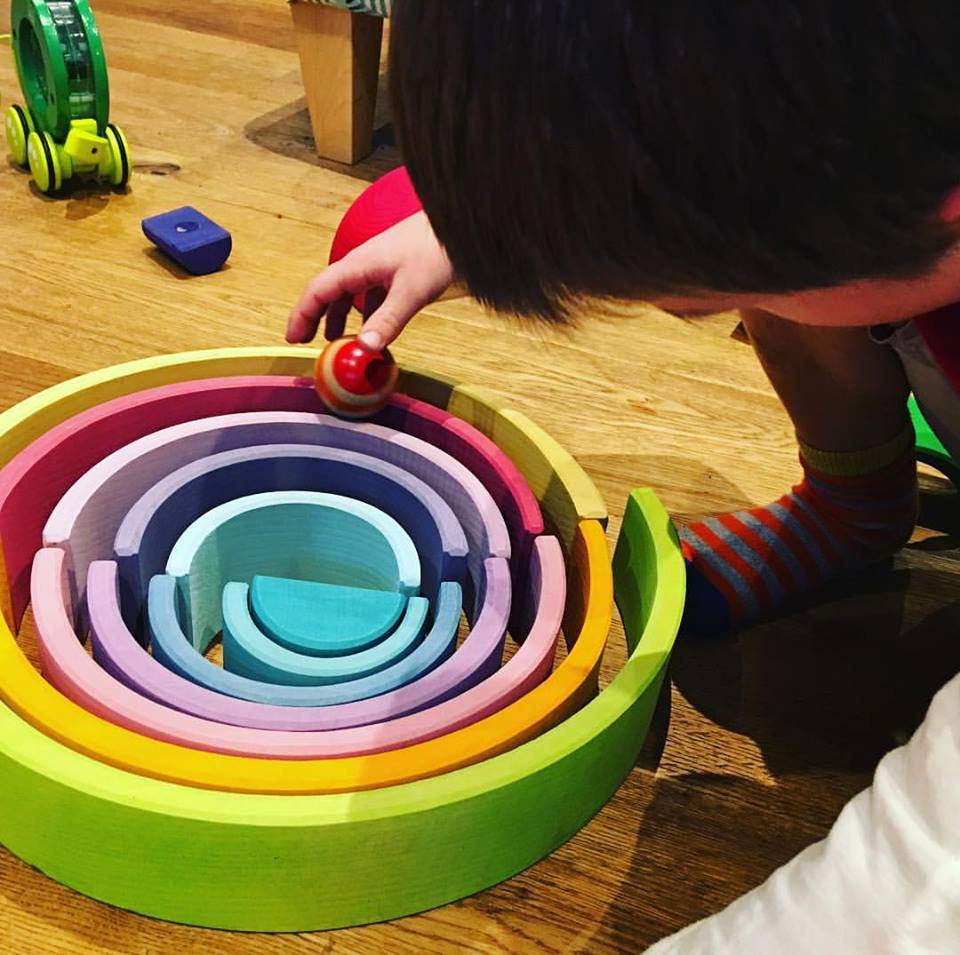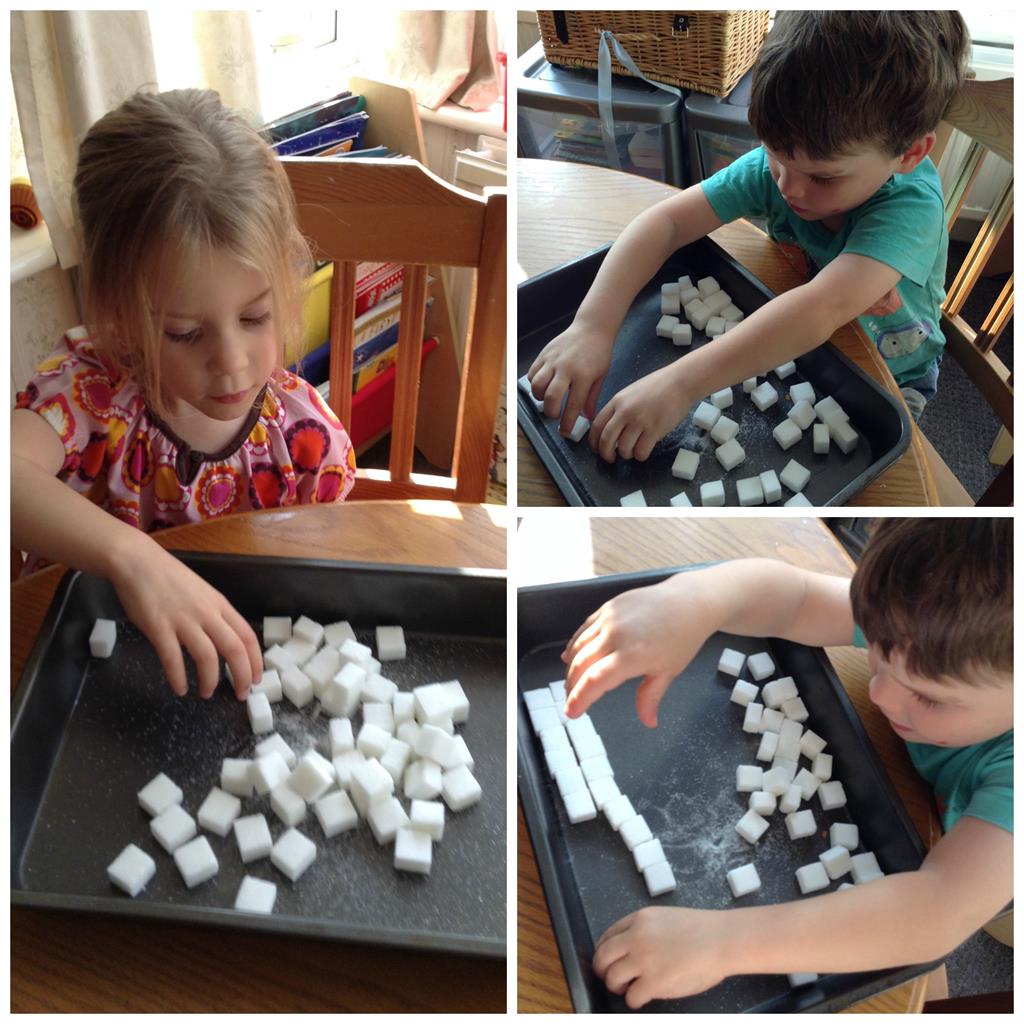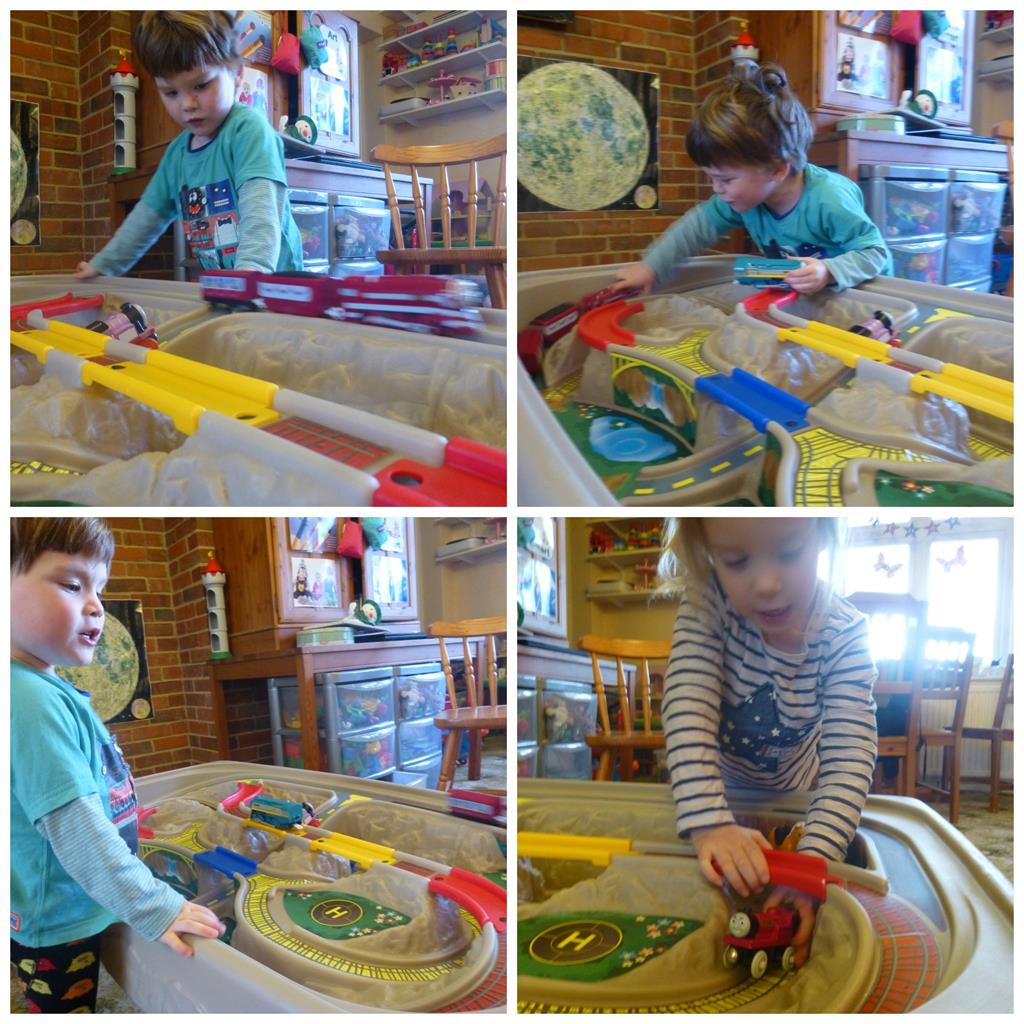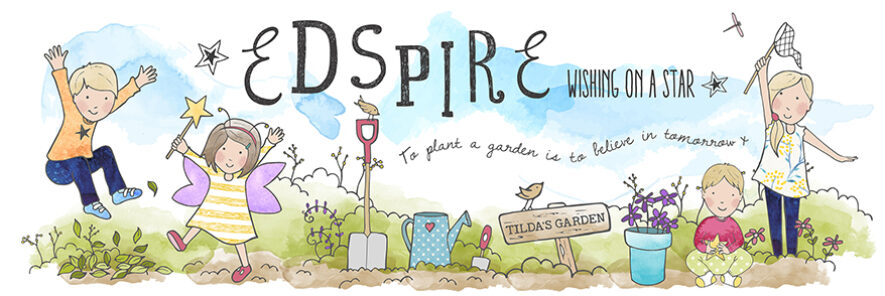This is a sponsored post
As a parent, it is comforting knowing your child is able to independently solve problems. This could be forgetting lunch or losing their homework. Regardless, it is an important skill to acquire, especially at a young age. It is known to help improve mental health and reduce risks of depression.
Here are some tips from a private school in Dublin on teaching your child how to solve problems independently.
It’s a known fact that children will face problems in school, this can be from struggling with peers to not being able to pick up content in class. If your child lacks these simple skills, they may grow to avoid problems which will come as a problem in the future. This will lead to slow progression or even falling behind. It can also make your child impulsive when dealing with problems such as using violence instead of taking a step to analyse the situation to figure out calmer measures to take. The risk of avoiding problems means they may get into the habit of running away when faced with any inconvenience which will create bigger issues in the long run.

You can teach your child how to face these situations with confidence and learning to solve the problem. Helping them identify the problem by stating the obvious out loud will engrave into a child that the first step to concurring an issue is stopping and understanding what’s happening. This will stop irrational actions occurring. When explaining to your child this process, allow them to come up with multiple solutions so they can outweigh the pros and cons and understand that the first solution may not always be the most appropriate for that situation. Allow them to test out the solution through real life situations or role play where they may feel more confident to be vocal about their feelings.

When your child is dealing with a problem such as them not completing their homework on time, take the time to sit with your child and tell them you’ll solve it together. Sometimes, you’ll find your child needs that support to push them into figuring out a way to overcome their hurdle. It’s best to stay patient and listen. Allow your child to face natural consequences so they learn to be wiser about their decisions in future. Praise any achievements and watch your child thrive. Best of luck!

